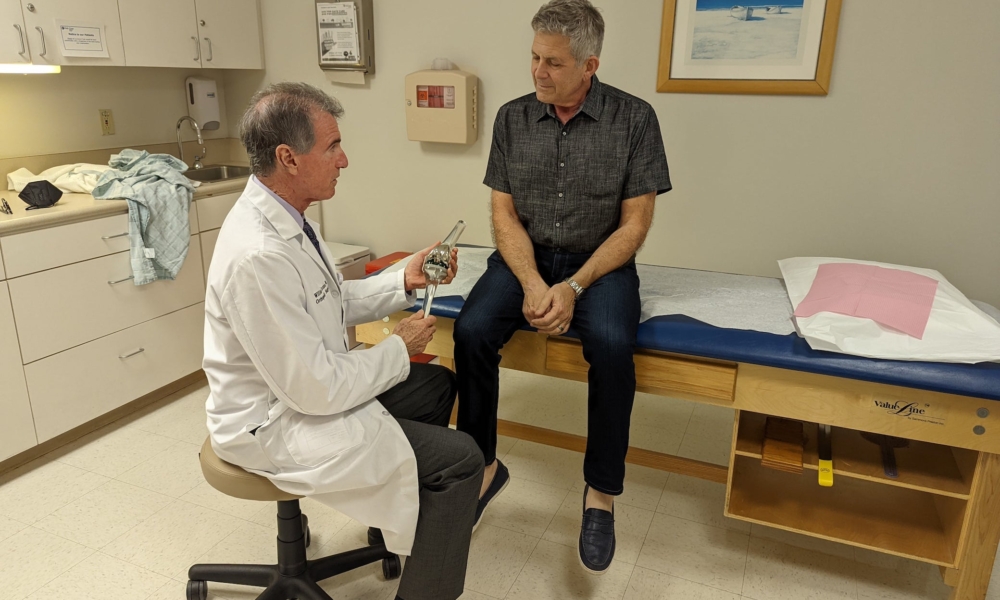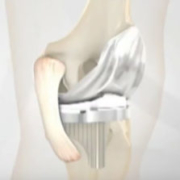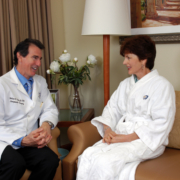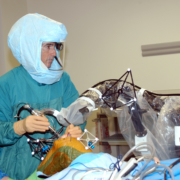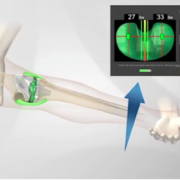When is Knee Replacement Surgery Right for You?
The art and science of joint replacement surgery are constantly evolving and our goal at the Leone Center for Orthopedics is to help our patients regain the highest possible quality of life.
In 2014, the American Academy of Orthopedic Surgeons estimated that there are about 680,150 knee replacement surgeries performed each year in the United States. At that time, nearly 70 percent of these operations were performed on people over the age of 65. However, a growing number of knee replacement surgeries now are being performed on younger patients due to wear and tear on knee joints from sports and other activities as well as conditions such as osteoarthritis.
Knee replacement or partial knee replacement surgery is major surgery and should be considered only after a diagnosis is made by your orthopedic surgeon, all non surgical treatments are no longer effective and finally after a thorough discussion with your orthopedic surgeon. At the Leone Center for Orthopedic Care, a diagnosis is made for every patient based on a personal history, a comprehensive physical examination and state-of-the-art imaging.
The Journal of Bone & Joint Surgery, projected that total knee replacements would increase from 450,400 to nearly 3.48 million by the year 2040. What are the signs that you may be a candidate for knee replacement surgery and how do you know when the procedure is right for you?
The following signs might help you to know if the time is right to have that conversation with your doctor:
- Knee pain habitually keeps you awake at night or you wake up during the middle of the night with pain.
- Knee pain limits your ability to perform typical daily activities such as walking, climbing stairs, or getting up and down from a sitting position and in and out of your car. Another sign is apprehension that your knee might give way when you pivot or step up or down from a curb.
- Knee pain limits leisure activities such as walking, exercising, dancing, golf, tennis, traveling or even shopping.
- You have tried other less-invasive treatments for a suggested period of time, such as exercise, physical therapy, a brace, anti-inflammatory medicines, or injections and still have no relief from pain, or you simply “can’t trust” your knee
- If you are experiencing total frustration that you are losing your quality of life due to impaired mobility.
- You are developing progressive “knock knee” or “bowleg” or become aware of progressive loss of motion.
At the Leone Center for Orthopedic Care, we see patients with complex knee problems of all types due to joint and bone destruction including trauma, angular deformity, bad outcomes from prior surgery, infection, rheumatoid or inflammatory arthritis, or childhood diseases.
For patients who do require full or partial knee replacement, I will choose the implant that is best suited to each person’s medical and lifestyle needs. Implants are individualized for each patient’s unique anatomy and precisely implanted using computer navigation and robotic techniques. For some patients, alternatives to joint replacement are offered, such as specialized injections or arthroscopy which can delay or sometimes permanently eliminate the need for an artificial joint.
All patients receive as minimally invasive surgery as possible, emphasizing precise component positioning, meticulous soft tissue handling and closure. This approach results in less soft tissue trauma and as rapid a recovery as possible.
We thank you for your readership. If you would like a personal consultation, please contact our office at 954-489-4575 or by email at LeoneCenter@Holy-cross.com.

